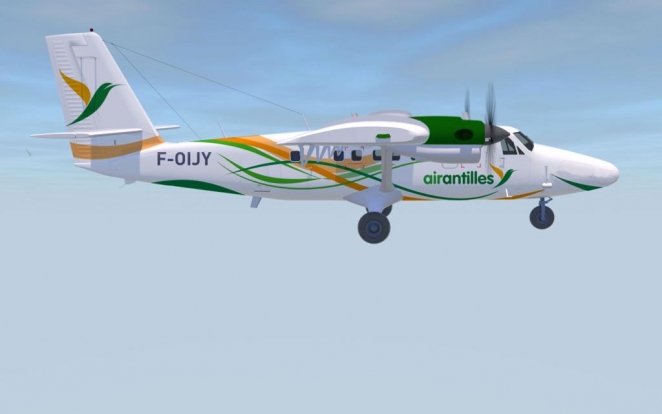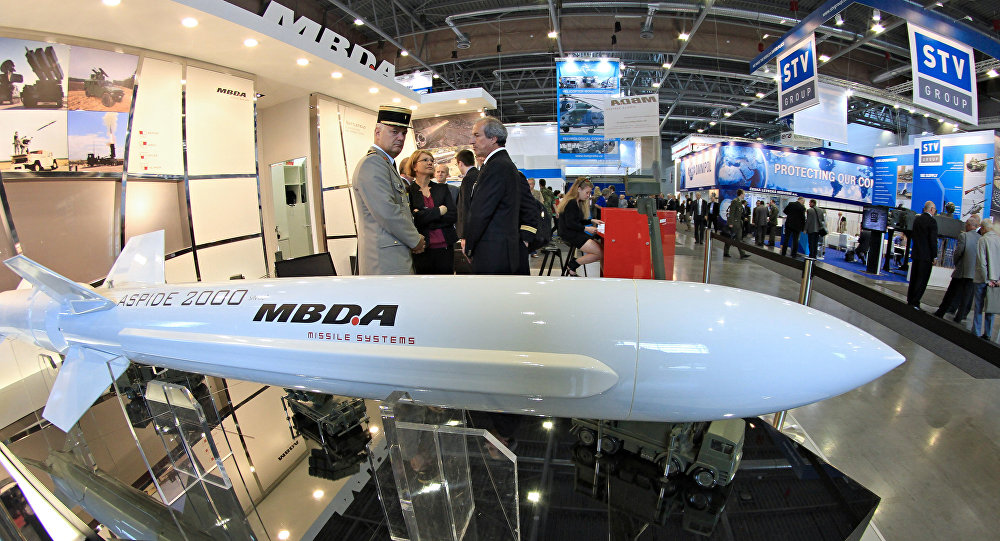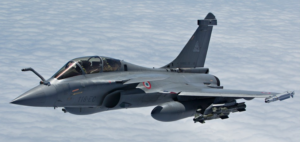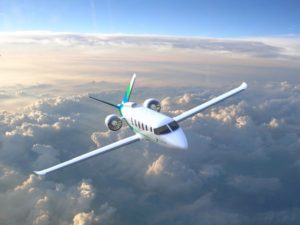FRANKFURT (Reuters) – Volkswagen (VOWG_p.DE) intends to sell electric cars for less than 20,000 euros (17,437.4 pounds) and protect German jobs by converting three factories to make the Tesla (TSLA.O) rival, a source familiar with the plans said.
VW and other carmakers are struggling to adapt quickly enough to stringent rules introduced after the carmaker was found to have cheated diesel emissions tests, with its chief executive Herbert Diess warning last month that Germany’s auto industry faces extinction.
Plans for VW’s electric car, known as “MEB entry” and with a production volume of 200,000 vehicles, are due to be discussed at a supervisory board meeting on Nov. 16, the source said, adding that it is also looking to roll out 100,000 of the “I.D. Aero”, a mid-sized sedan.
The Wolfsburg-based carmaker, which declined to comment on the plans, is also expected to discuss far-reaching alliances with battery cell manufacturer SK Innovation <096770.KS> and rival Ford (F.N), the source said.
VW’s strategy shift comes as cities start to ban diesel engine vehicles, forcing carmakers to think of new ways to safeguard 600,000 German industrial jobs, of which 436,000 are at car companies and their suppliers.
An electric van, the ID Buzz, is due to be built at VW’s plant in Hannover, where its T6 Van is made, the source said.
To free up production capacity for electric cars in Hannover, VW’s transporter vans could be produced at a Ford (F.N) plant in Turkey, the source added.
EXPLORATORY TALKS
VW and Ford are in “exploratory talks” to develop self-driving and electric vehicles in an alliance meant to save them billions of dollars, Reuters reported last month.
German VW factories in Emden, Zwickau and Hanover, which all build combustion-engined cars, will switch to electric ones in under the plans being considered, the source said.
Carmakers in Germany agreed on Thursday to spend up to 3,000 euros ($3,430) per vehicle to add more efficient exhaust filtering systems to cut diesel emissions, but failed to prevent bans on diesel vehicles by Cologne and Bonn.
EU lawmakers have agreed to seek a 35 percent cut in car emissions by 2030 after a U.N. report called for dramatic steps to slow global warming.
Diess said to cut average fleet emissions of carbon dioxide in Europe by 30 percent by 2030, VW needs to raise its share offully electric vehicles to 30 percent of new car sales.
The shift from combustion engines to electric cars wouldalso cost 14,000 jobs at VW by 2020 as it takes less time to build an electric car than a conventional one and because jobs will shift overseas to battery manufacturers.
In Europe there are about 126 plants making combustionengines, employing 112,000 people. The largest such plant inEurope is VW’s in Kassel.
(Reporting by Jan Schwartz; Editing by Edward Taylor and Alexander Smith)
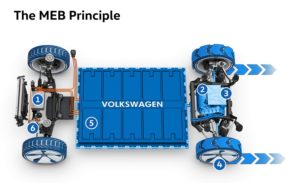
Image from newsroom.vw.com

